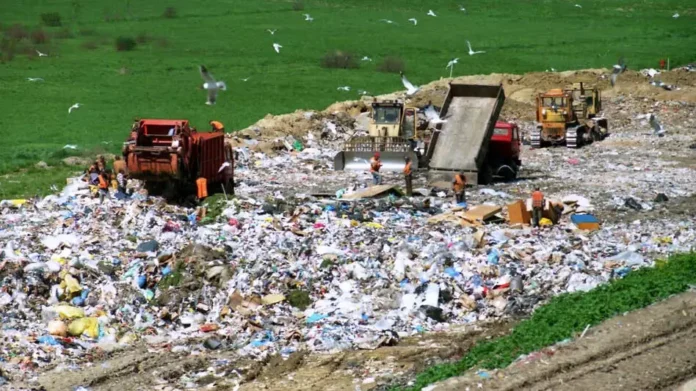As unrest continues to affect the state of Manipur, IGP Intelligence K Kabib has provided a crucial update on the situation, assuring that the State Police is actively working to maintain law and order. The unrest in the region, characterized by sporadic violence and civil disturbances, has posed significant challenges for local law enforcement. However, the state police’s strategic efforts are aimed at restoring peace and stability.
Background of the Unrest in Manipur
Recent months have seen escalating tensions in Manipur, driven by various socio-political and economic issues. The unrest has led to numerous incidents of violence, property damage, and disruptions in daily life. Key factors contributing to the unrest include:
- Ethnic Tensions: Long-standing ethnic tensions between different communities have been a major factor in the recent unrest. Disputes over land, resources, and political representation have exacerbated the situation.
- Political Instability: Political disagreements and local governance issues have further fueled the unrest. The state has been grappling with challenges related to political representation and administrative effectiveness.
- Economic Hardships: Economic disparities and limited development opportunities have contributed to public discontent. Issues related to unemployment, infrastructure, and social services are at the forefront of grievances.
IGP Intelligence K Kabib’s Statement
In response to the ongoing unrest, IGP Intelligence K Kabib addressed the media and provided an update on the police’s role in managing the situation:
- Maintaining Law and Order: IGP Kabib emphasized that the State Police is fully committed to maintaining law and order across Manipur. Despite the challenging conditions, the police force is working diligently to address incidents of violence and restore peace.
- Enhanced Security Measures: To tackle the unrest, the State Police has implemented enhanced security measures, including increased patrolling, roadblocks, and the deployment of additional personnel in sensitive areas. These measures aim to prevent the escalation of violence and ensure public safety.
- Community Engagement: Recognizing the importance of community cooperation, IGP Kabib highlighted efforts to engage with local communities. The police are working closely with community leaders and organizations to address grievances and foster dialogue between conflicting groups.
- Response to Incidents: The police have been actively responding to incidents of violence and unrest, ensuring timely intervention and minimizing harm. This includes coordinating with other security agencies and utilizing intelligence to preemptively address potential threats.
Efforts to Address the Unrest
The State Police’s approach to managing the unrest in Manipur includes several key strategies:
- Intelligence Gathering: Effective intelligence gathering has been crucial in identifying potential hotspots and understanding the dynamics of the unrest. The police are utilizing intelligence to anticipate and respond to emerging threats.
- Public Communication: Transparency and communication with the public are central to maintaining trust and cooperation. The police are regularly updating the public on measures being taken and encouraging peaceful resolution of conflicts.
- Coordination with Other Agencies: The police are collaborating with other security and government agencies to ensure a coordinated response. This includes working with the Indian Army, paramilitary forces, and local administrative bodies to address the multifaceted challenges of the unrest.
- Restoration of Normalcy: Efforts are underway to restore normalcy in affected areas. This includes facilitating the reopening of businesses, schools, and public services, and addressing any disruptions caused by the unrest.
Despite the concerted efforts of the State Police, several challenges persist:
- Geographical and Logistical Constraints: The terrain and infrastructure limitations in Manipur pose logistical challenges for law enforcement operations. Remote areas may be difficult to access, impacting response times and effectiveness.
- Community Relations: Building and maintaining positive relations with all communities affected by the unrest is a complex task. The police must navigate sensitive issues and ensure fair treatment for all groups involved.
- Resource Limitations: Managing large-scale unrest requires significant resources, including personnel, equipment, and funding. Ensuring adequate resources are available and effectively utilized is crucial for successful law enforcement.
As unrest continues to impact Manipur, IGP Intelligence K Kabib and the State Police are working tirelessly to maintain law and order and restore stability. Through enhanced security measures, community engagement, and effective response strategies, the police are addressing the challenges posed by the unrest.




